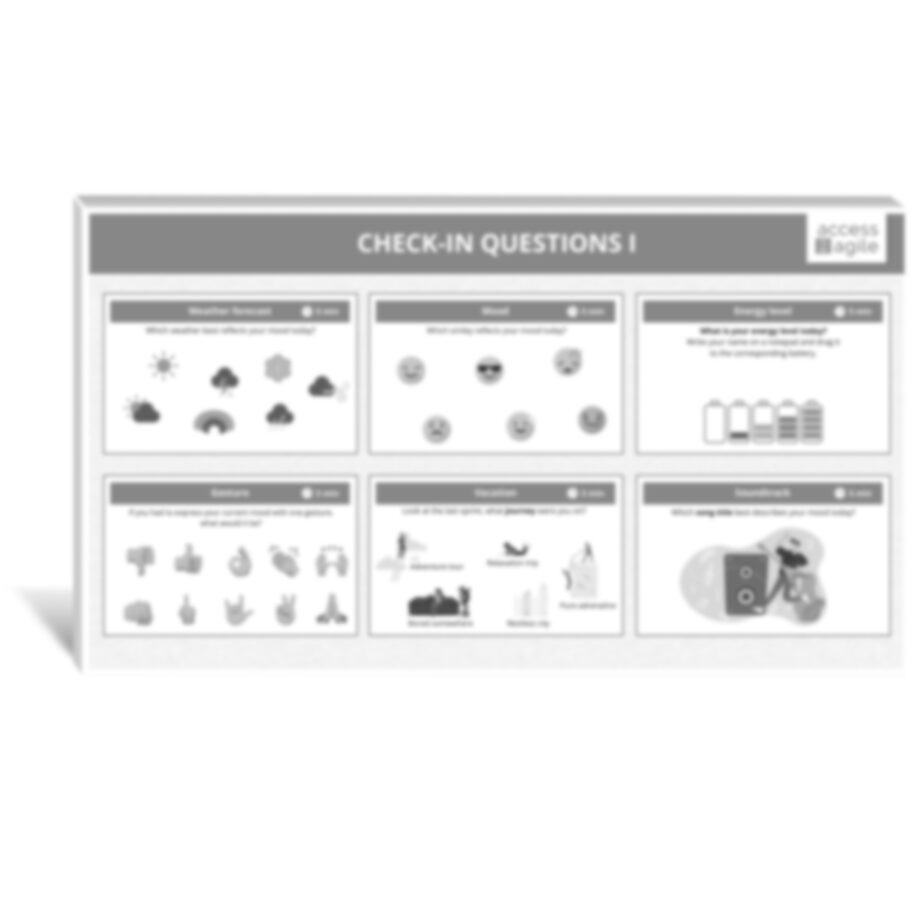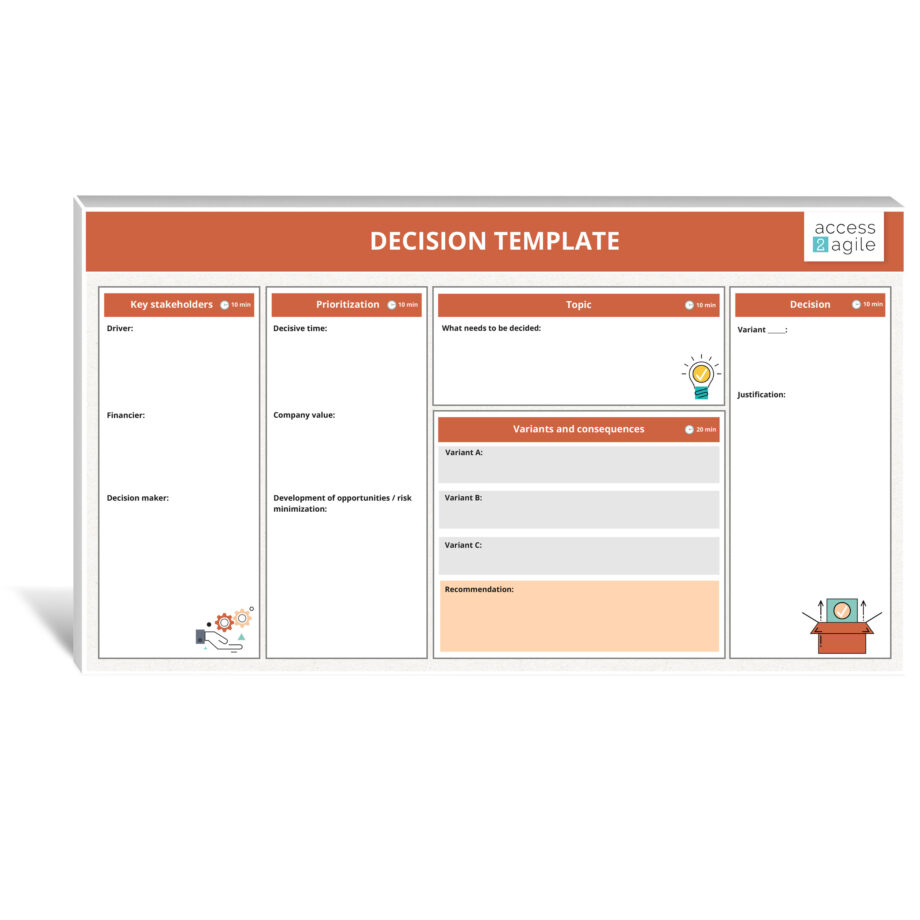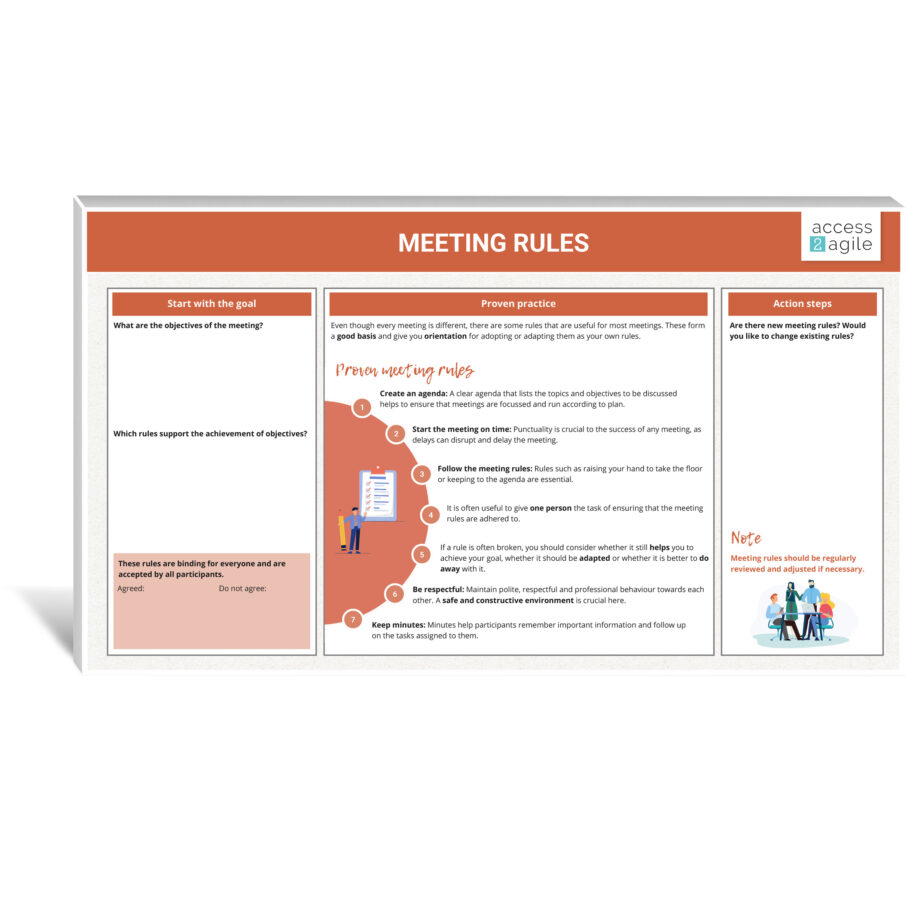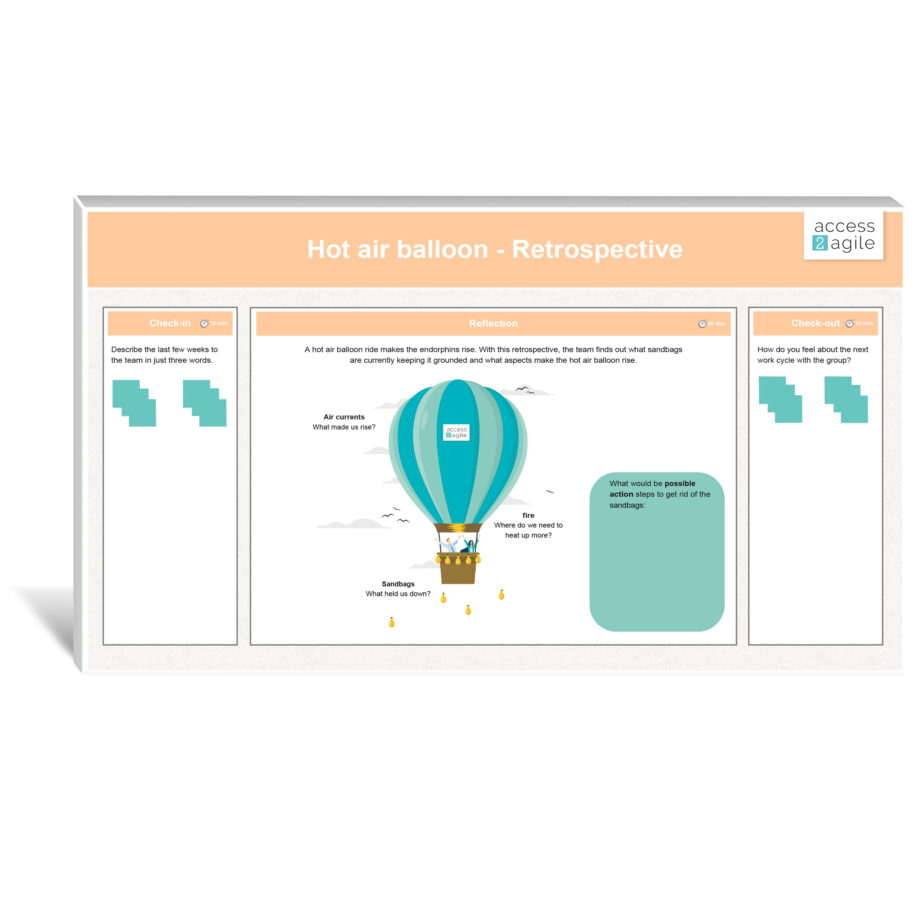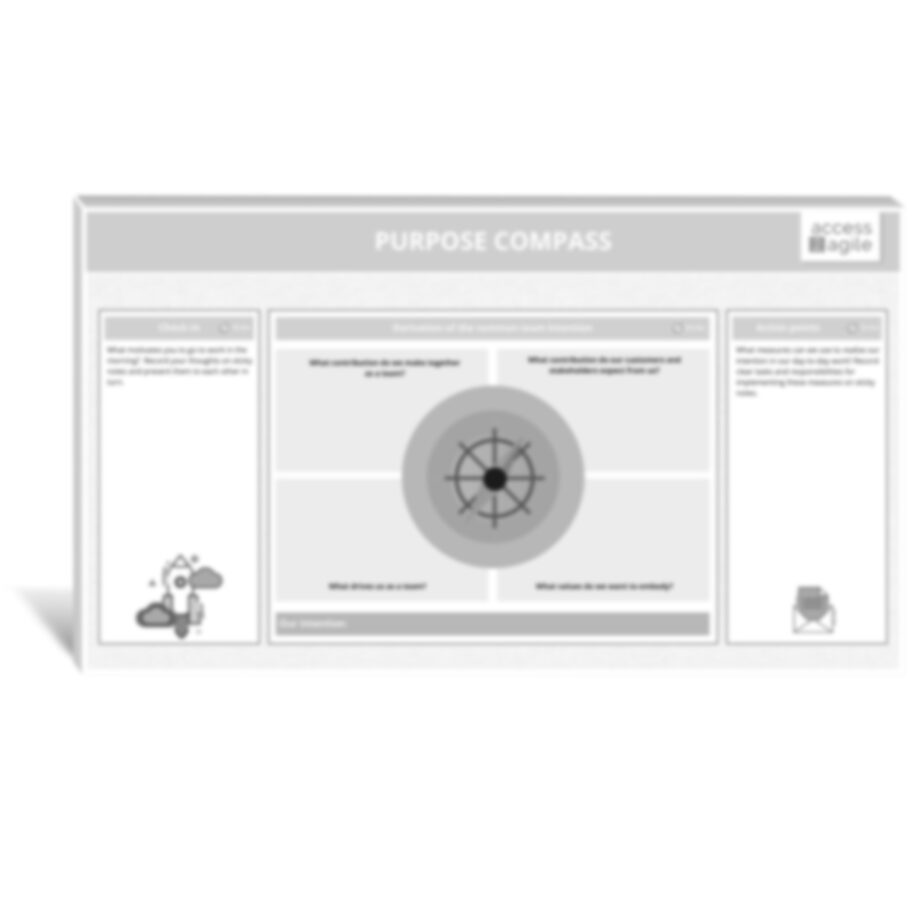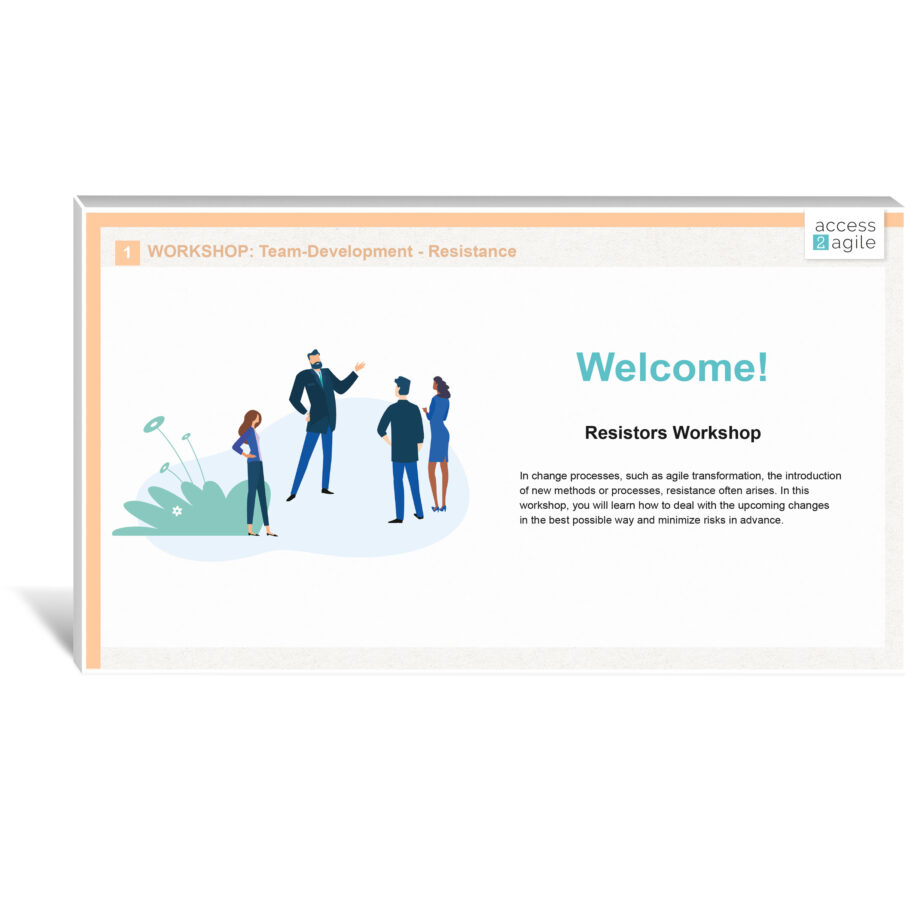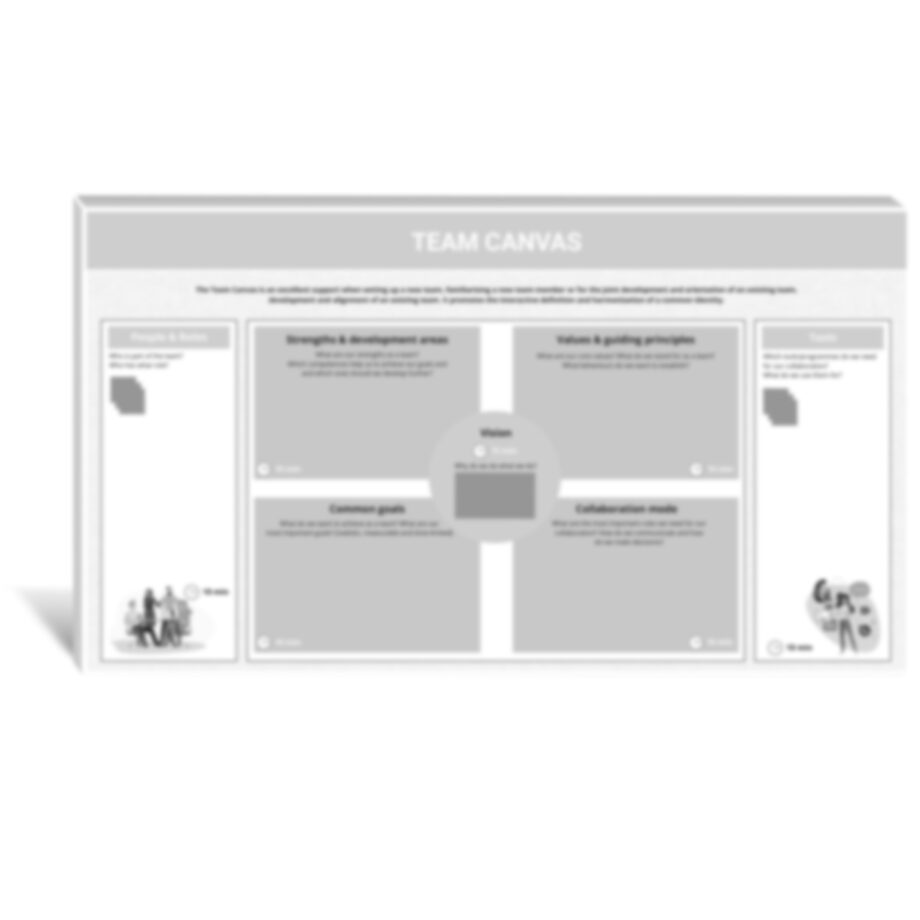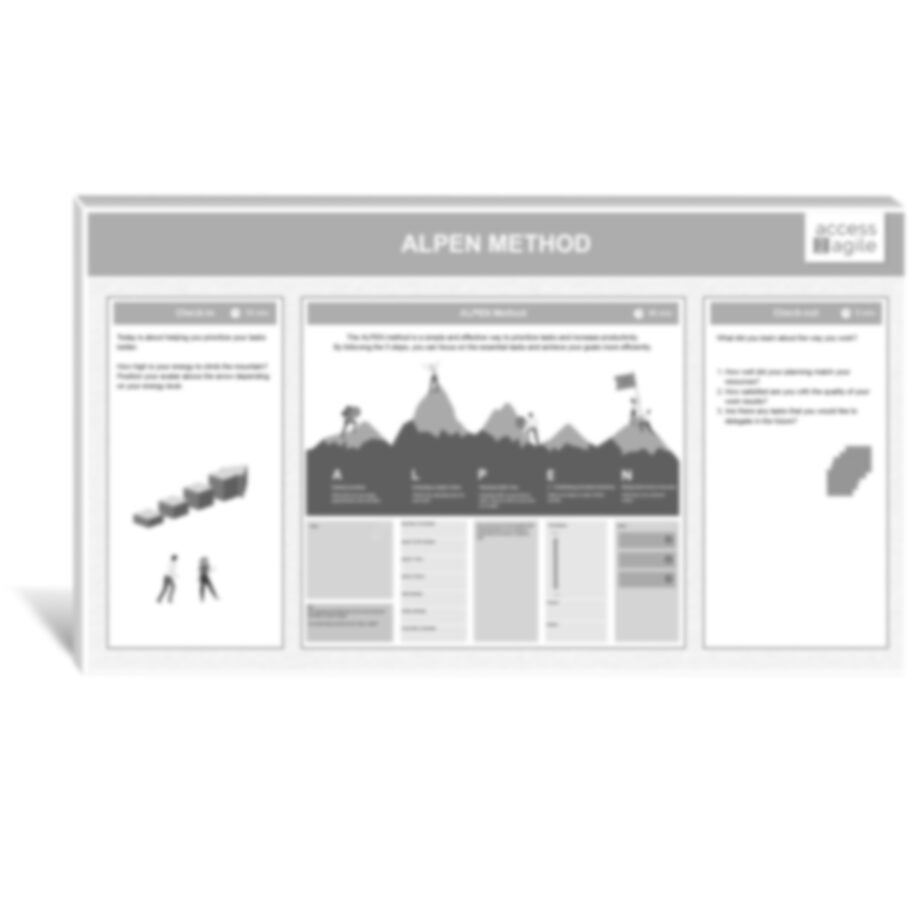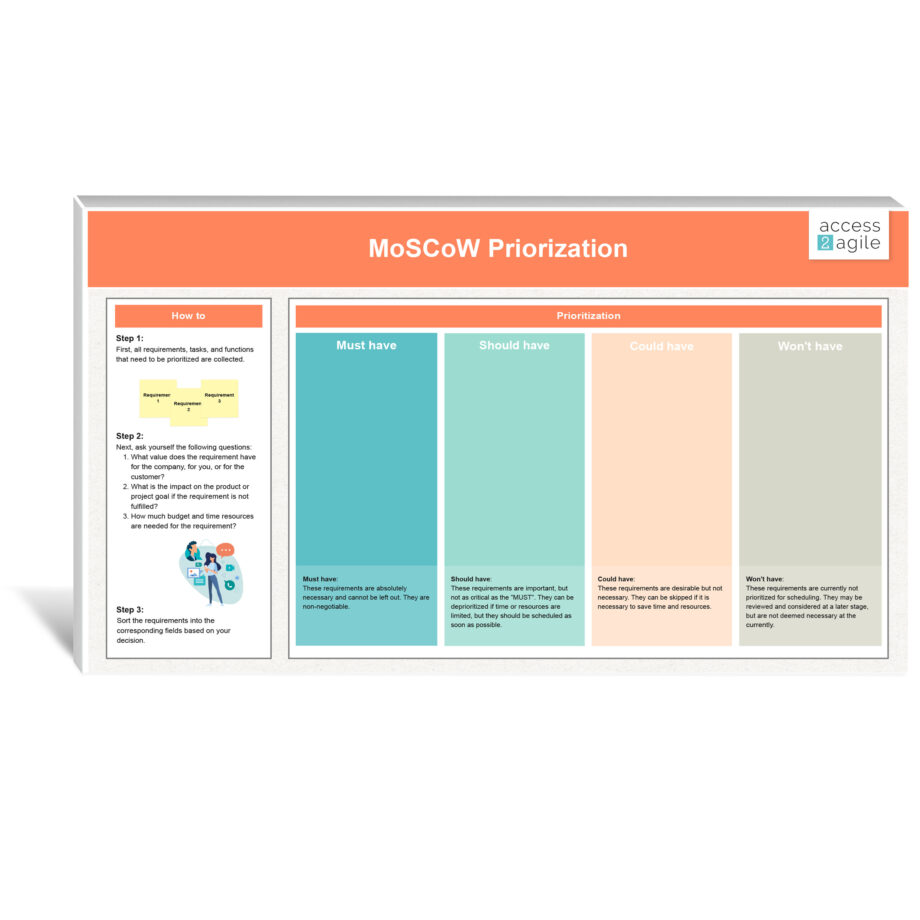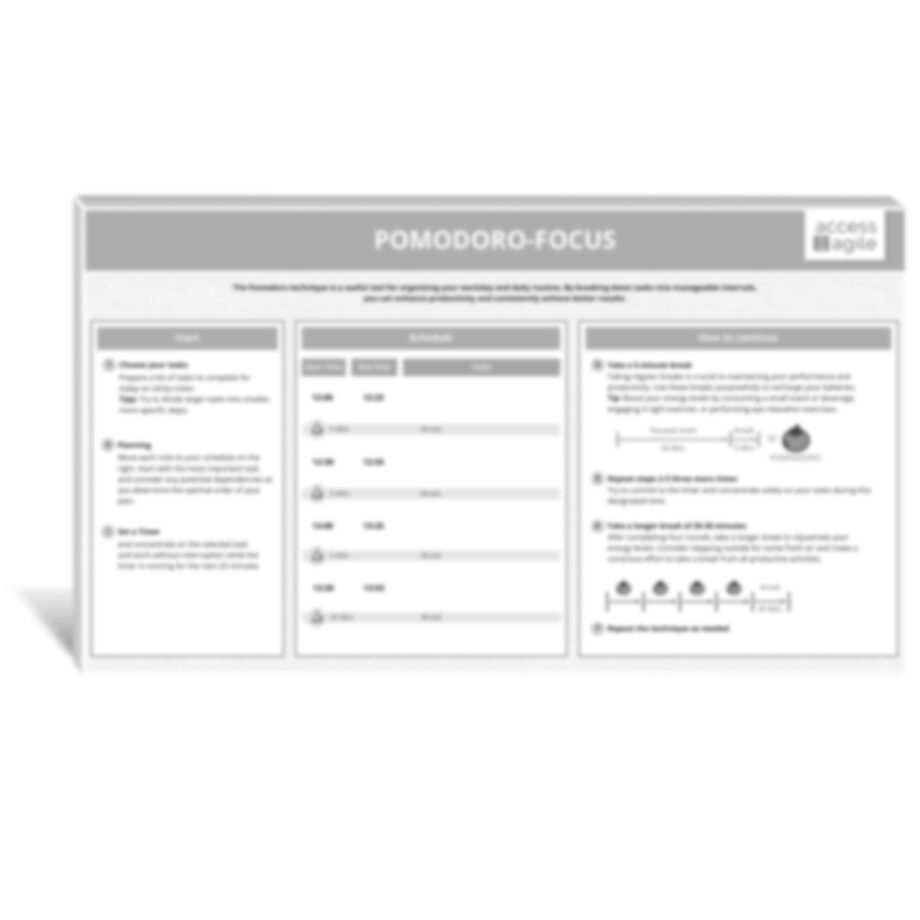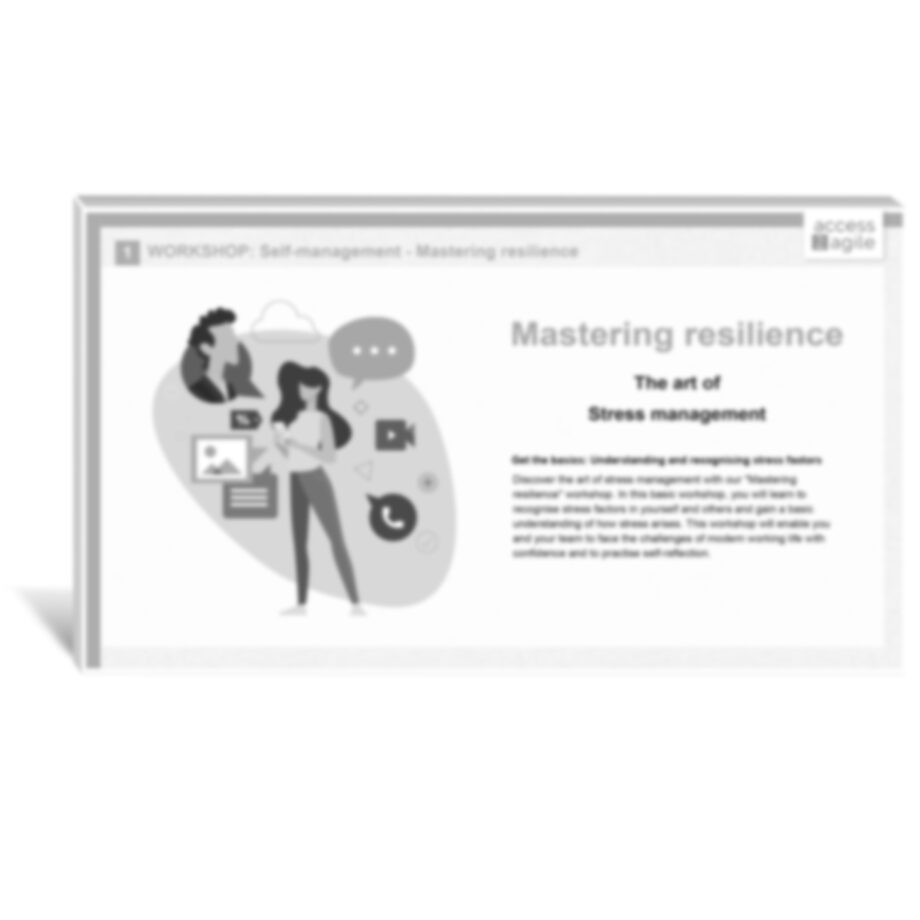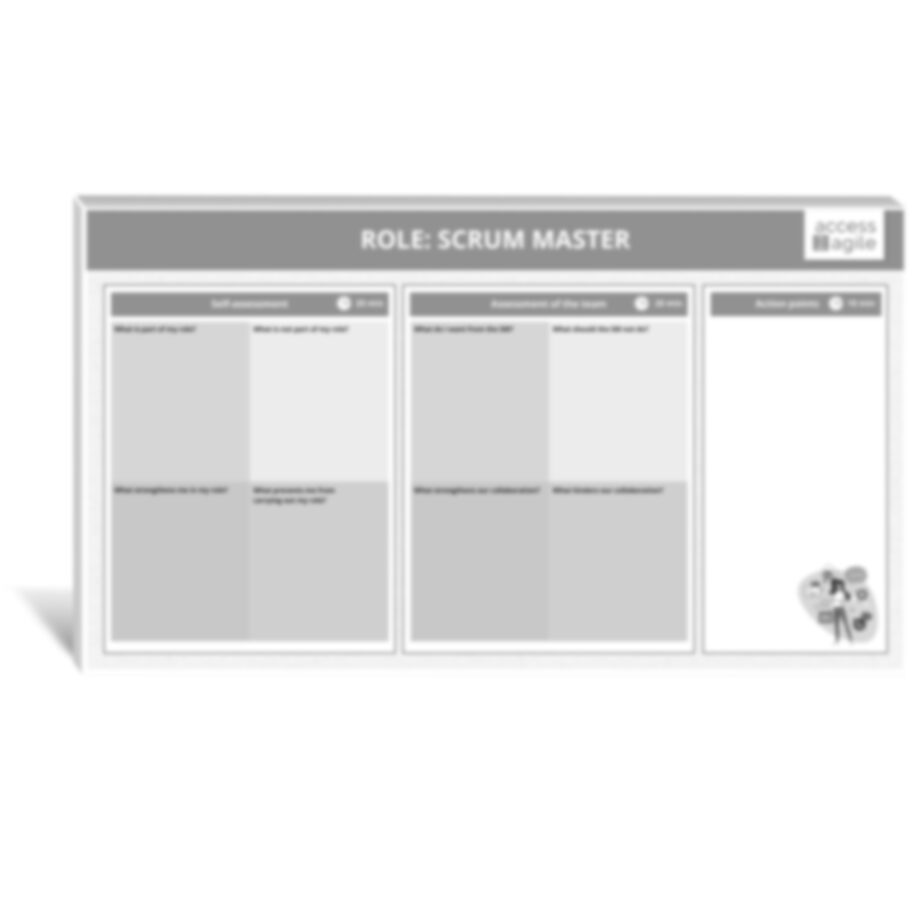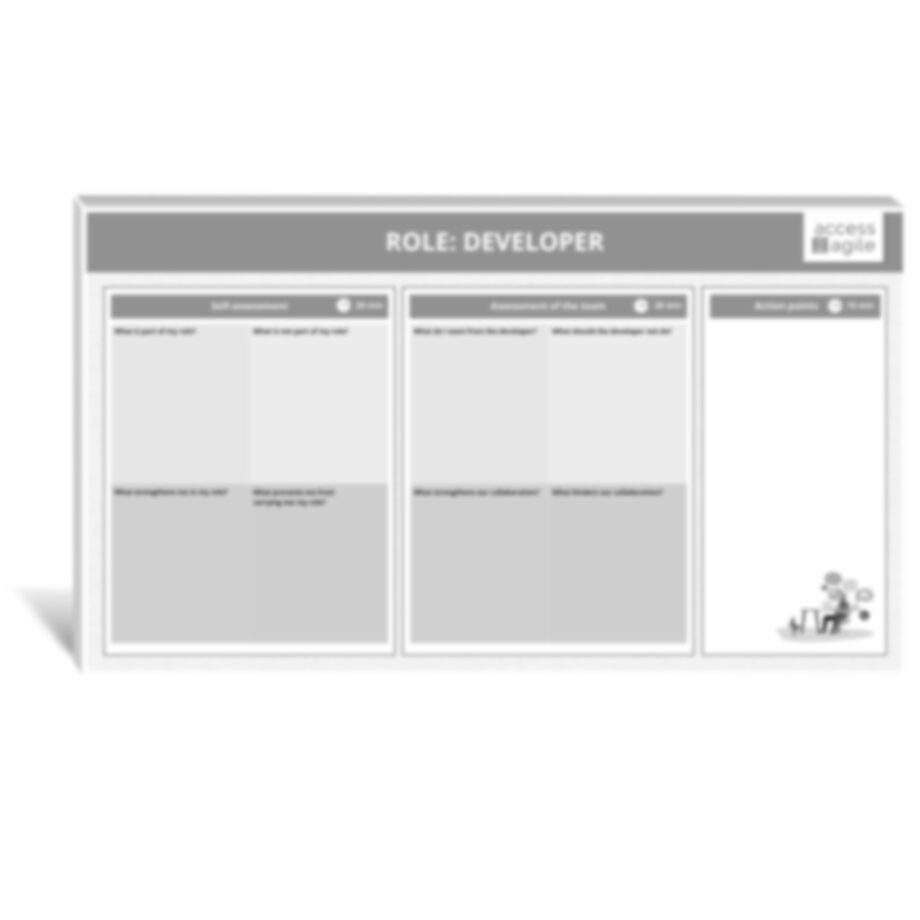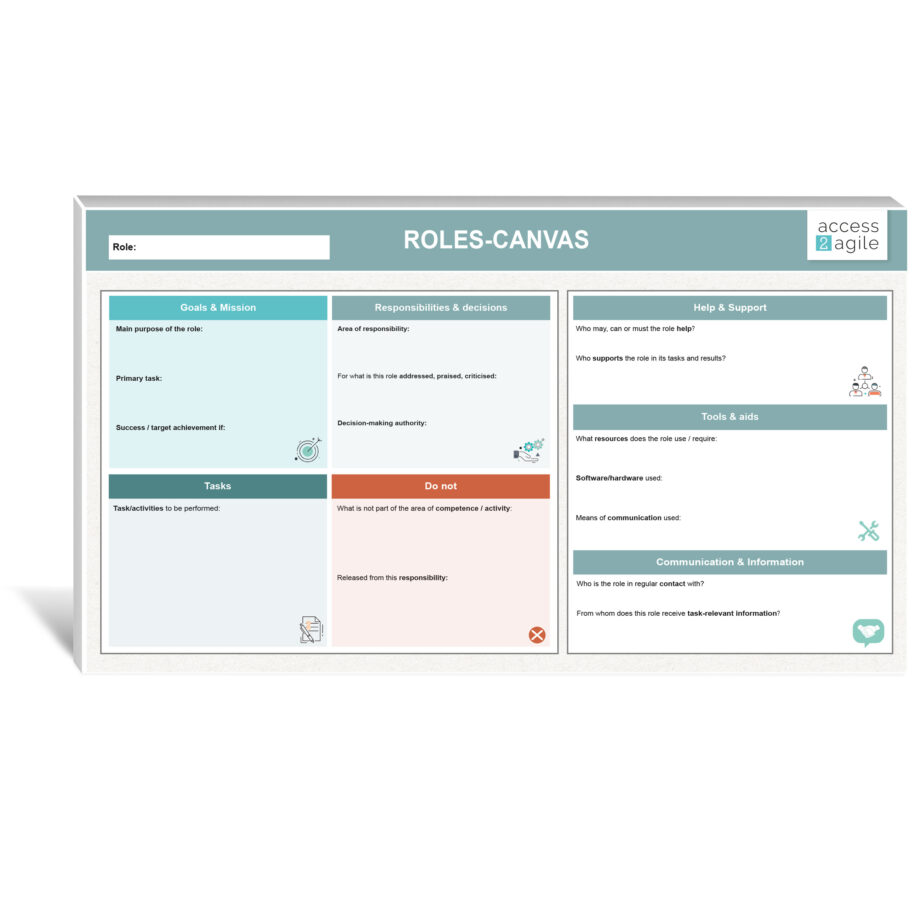
A successful project stands and falls with the people who shape it and the team that drives it forward. The human element plays a crucial role in any endeavor, as it involves not only creative energy, but also shared goals and collaboration. A well-functioning team is more than just a collection of individual skills – it creates synergy and achieves peak performance together.
In today’s business world, companies need to pay special attention to people and their teams. There are many reasons for this:
- Competitive advantage through talent: In a globalized world, competition for talent is intense. Companies with a focus on the wellbeing of their employees have an advantage in attracting and retaining first-class staff.
- Innovation and creativity: People are the driving force behind innovation and creativity in organizations. Companies that foster a collaborative culture can drive innovation and adapt to market changes.
- Employee engagement and productivity: Valued and supported employees are often more engaged and productive. Investing in wellbeing and a supportive environment can benefit from higher employee retention and increased productivity.
- Adaptability and resilience: Companies that foster a culture of collaboration and learning are better able to adapt to change and respond resiliently to unforeseen events.
- Reputation and brand image: Companies that take care of their employees often enjoy a positive image and a stronger reputation with customers. A positive working environment strengthens the brand image and gains the trust of customers, investors and the public.
Choosing the right methods is crucial in order to support people and teams in the best possible way. Clear communication, effective time management and proven project management methods not only promote efficiency, but also the well-being and motivation of team members. The “People and Team” bundle offers suitable methods for positively influencing team development, self-management and meeting culture for sustainable project success.
Self-management and continuous employee development are crucial, especially the promotion of resilience:
- Efficiency and productivity: resilient employees manage stress and challenges more effectively, leading to increased efficiency and productivity. In difficult situations, they can recover quickly and maintain their performance.
- Employee satisfaction and retention: Resilient employees are happier and more connected to the company as they feel supported in dealing with the demands of their working environment. Promoting resilience contributes positively to employee satisfaction and retention.
- Ability to innovate: Resilient employees are more flexible and open to change, which increases their ability to innovate and find creative solutions. A culture of resilience therefore also promotes a company’s ability to innovate.
- Competitiveness: In a constantly changing business environment, resilience is crucial for a company’s competitiveness. Companies that support their employees in becoming more resilient are better equipped to successfully adapt to new challenges.

Teams and their development play a crucial role for various reasons:
- Synergy and collaboration: well-functioning teams create synergy that goes beyond individual contributions. Through collaboration, complex problems can be solved and innovative solutions developed.
- Diversity and perspectives: Teams offer diverse perspectives, backgrounds and skills to look at problems from different angles. This fosters creativity, innovation and better decision-making.
- Employee commitment and satisfaction: Members of well-functioning teams are often more committed and satisfied. Teamwork strengthens the feeling of togetherness and support.
- Continuous improvement: Regular reflection and feedback enable teams to continuously improve their performance. Developing team skills such as communication, conflict resolution and decision making helps teams work more effectively and achieve more successful results.
- Knowledge sharing and learning: Teams enable the sharing of knowledge and experience, which leads to continuous learning. This promotes professional development, reduces knowledge silos and enables employees to learn new skills.
Overall, teams and their development are of great importance as they promote effective collaboration, diversity of perspectives, employee engagement, continuous improvement, knowledge sharing and learning. This makes companies more flexible, innovative and successful.



